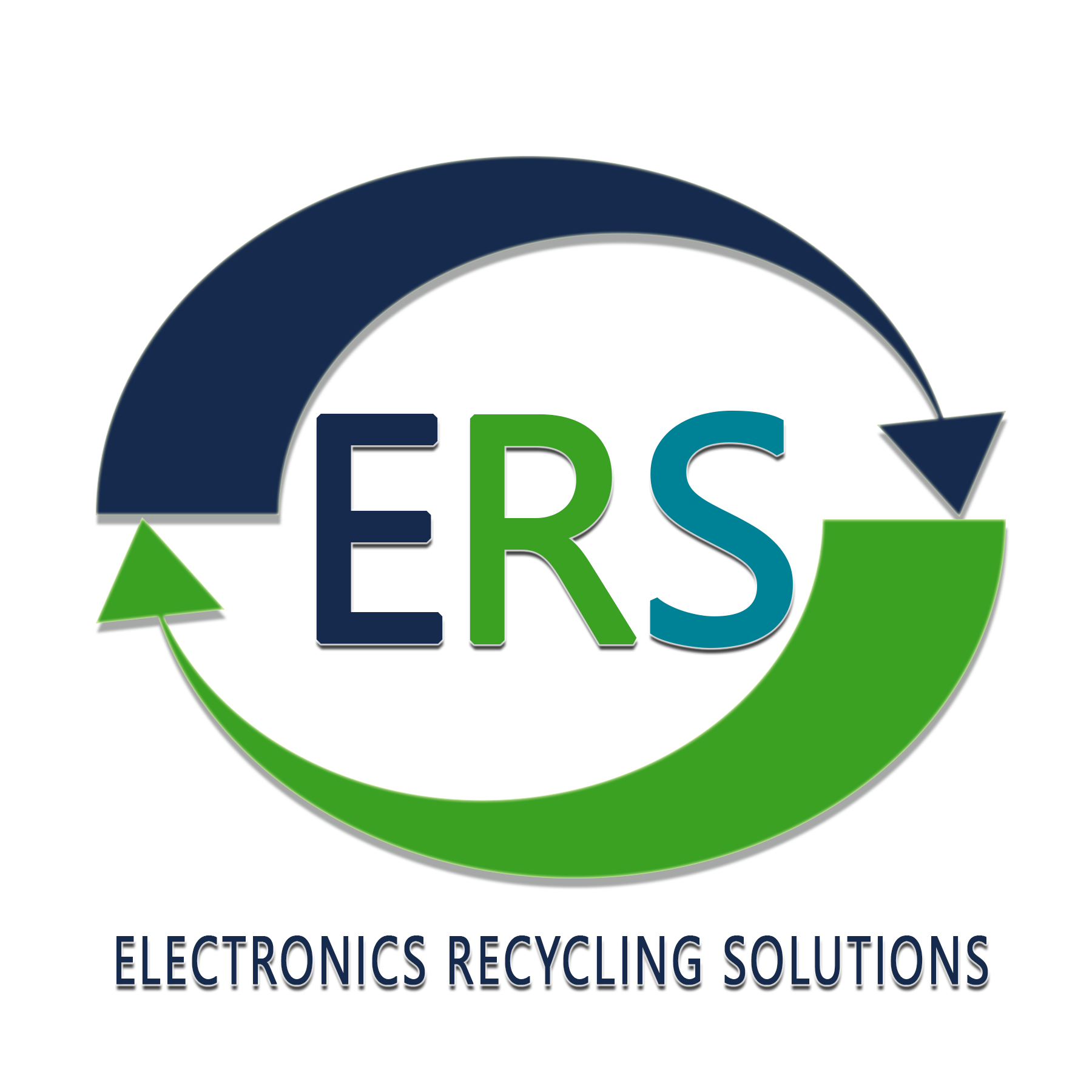Five Reasons to Recycle Electronics!
Electronics recycling, a critical and often overlooked aspect of both environmental stewardship and resource management, is increasingly vital for companies and individuals alike. In an era where electronic devices pervade every aspect of our lives, from smartphones to laptops, the significance of responsibly disposing of these gadgets when they reach the end of their life cycle cannot be overstated.
The Environmental Imperative
For companies, electronics recycling is not just a corporate responsibility initiative but also a key component of sustainable business practices. The electronics we use are composed of various materials, including precious metals like gold and silver, as well as hazardous substances such as lead and mercury. Improper disposal of these devices can lead to severe environmental contamination. By recycling electronics, companies can prevent hazardous materials from entering and harming the ecosystem, thus preserving the environment for future generations.
Economic Benefits
From an economic perspective, electronics recycling offers numerous advantages. Recovering valuable materials from old electronics reduces the need to mine new materials, thereby conserving natural resources and reducing associated costs. This recycling process can transform waste into a resource, creating new market opportunities and jobs in the recycling sector. For businesses, this can mean cost savings, new revenue streams, and a stronger, more sustainable brand image.
Data Security and Compliance
For both companies and individuals, data security is a critical concern when disposing of electronics. Recycling ensures that sensitive information contained in electronic devices is securely destroyed, mitigating the risk of data breaches. Additionally, companies must comply with various regulations regarding the disposal of electronic waste, and recycling helps them meet these legal requirements.
Individual Responsibility
On an individual level, participating in electronics recycling programs helps reduce one's carbon footprint. It's a direct action that contributes to reducing pollution and conserving natural resources. As consumers, individuals have the power to influence manufacturers and policymakers by demanding more sustainable products and responsible disposal methods.
Community Impact
Electronics recycling also plays a crucial role in bridging the digital divide. Many electronic devices that are no longer needed by one party can be refurbished and provided to those who cannot afford new technology, thereby fostering digital inclusion.
Conclusion
In conclusion, electronics recycling is a multi-faceted practice with significant benefits for the environment, economy, data security, and community development. Companies and individuals have a shared responsibility to engage in this practice, fostering a sustainable future where technology and ecology coexist harmoniously.
Dual Impact: Using ERS services offers a 'one-two punch' in terms of benefits. It helps keep electronics out of landfills, addressing environmental concerns, while simultaneously empowering a segment of the community through job training and employment. This dual impact enhances the overall value proposition of ERS's recycling services, making it not just an environmentally responsible choice, but also a socially impactful one.
